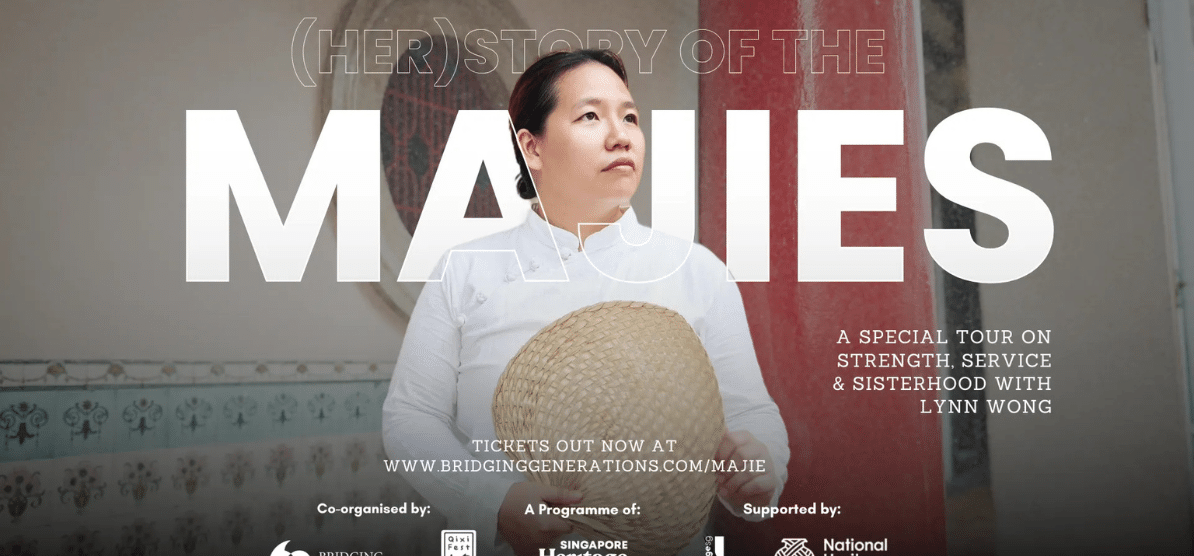
I was at the check-in queue, waiting to be served by an airline counter staff.
She was in a tizz. Computer terminals were not working as she hopped from one to another, hoping for better luck.
Her frustration was mounting as she raced against time.
I hoped she would attend to me when she was ready. There were techniques that came to mind that I could use to reach out emotionally to her.
Call it serendipity or luck, she looked up and beckoned to me. Pushing my heavy-laden trolley forward, I greeted her with a smile.
Advertisement
Use the right words
Passengers could respond positively or negatively in situations like this. She was grateful and smiled back with an apology.
“A not-so-easy start to the day huh?” I quipped.
Unbeknownst to her, I had just embedded a command to her unconscious mind that it was easy.
The unconscious does not process negatives hence words like not, won’t, don’t were deleted in the mind while processing but the word “easy” remained. This left her calm internally.
Keeping Pace
As she began the check-in process, I paced her speech too. Speaking in a tone, rhythm and speed similar to her, I was building rapport, a fundamental Neuro Linguistic Programming (NLP) technique.
The art of rapport is based on the fact that people like each other when they are like each other.
Moving in tandem with how her mind worked, I was following her, pacing her.
This made her relax even more. The familiarity of someone like her gave her the focus she needed to get her job done fast.
It was important to me that she cooperated with me as this trip was highly unusual. I was carrying 61kg of personal belongings for a friend who had just migrated from Singapore to Europe.
For me, it was fundamentally about how I could get as much checked in as possible.
Provide Commonalities To Engage
Giving her the silence that she needed intermittently, I slowly wove a story in to her unconscious mind, about my friend.
I felt she had much in common as I realised she was single too. I knew she was intrigued as she asked more questions, engaging with me.
Her curiosity led me to believe that she was in the same predicament. I had struck some empathy with her.
By this time she had pasted labels on most of the boxes which were ready for check-in. The scale showed my baggage allowance of 40kg already.
She looked at my trolley and asked “do you wish to check those bags in too?”
I frowned with a smile and said “yes” then left a block of silence. I gave her time to process rather than tell her to ask her manager.
She said “give me a minute” and hurried over to her manager. Nodding her head as she returned, she said “I’ll do it for you”.
I couldn’t believe my ears. My heart thumped with excitement as all boxes including art scroll were checked in seamlessly. She had acceded to my request. I wasn’t charged for the additional 21kg.
Get empathy on Pain Points
She totally understood my desire to help a friend and the gates of rapport had opened within her, to help me.
I had stepped into her shoes to realise that she too might want new possibilities someday.
Thinking back I reflected on what I had done. This is what came to mind;
LOOK FOR A CONNECTION
- I connected with her model of the world by stepping into her shoes – she was single, desiring what my friend was seeking too.
MATCH TONALITY OF SPEECH
- Her unconscious mind relaxed when she felt a familiarity with me – this came from pacing her language.
USE NEGATIVES TO YOUR ADVANTAGE
- Rather than say “You’ve had a difficult day” which would focus on tough experiences, I focused her mind on “easy”.
After all, the purpose of language was to focus the mind on what you desire.
In the experience I related above, I focused the check-in staff’s mind to her soft spot.
She knew what it was to be single and hope for new opportunities. I was a friend doing a friend a favour. She was filled with empathy.
Imagine if you had this level of targeted approach in your interactions through the day.
How would life pan out for you?
Interaction with others would be something to look forward to. It could even be a challenge, a game as to the number of people you could impact in one day.
Using NLP techniques in the home
I cite an example in daily life here to give you a heads-up on how you could use language to achieve positive outcomes.
Your child comes home from school after a bad day. They go into their room and shut the door because they don’t want to hear advice.
-
Look for that connection by asking questions about what happened. What is your child feeling right now. Experience the “other person’s” perspective and empathise.
Perhaps later in the day you could ask if this situation happened again what would the response be? You have helped get them ready for the future and the solution comes from them. -
As you speak, be aware of the volume of their speech. If it is low and despondent, lower your tone too. If it is a slow pace, do the same. Match speech tonality and they will feel comfortable to tell you more.
Many parents get their children offside by giving advice so the communication channel shuts down. Try this approach and see how their response changes. -
Be aware of your language too. Use positives wherever possible or use negatives to your advantage. Remember that everything you say focuses the other person’s mind on it.
You may want to say “I know life is not going the way you want it to but you will be ok. Someday you will look back and say “life was a breeze.” You leave the conversation open and breezy in their mind.
This is what we call outcome-driven communication. You become targeted in approach.
If you find this article useful, it is a sign that you are ready to learn more NLP techniques.






